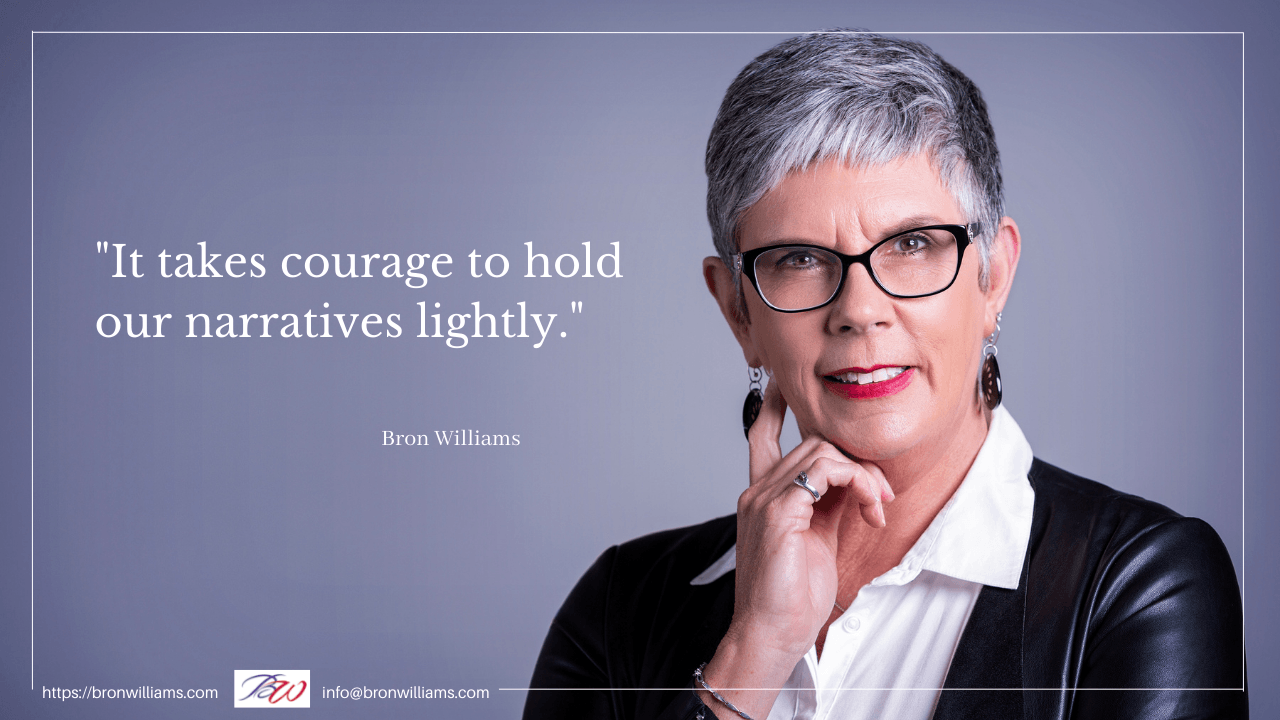It takes courage to hold our narratives lightly.
“History isn't there for us to like or dislike. It's there for us to learn from…” Paul Lapido

With the passing of Queen Elizabeth II, the dominant narrative across the west has been one of grieving for a long life lived in the service of others.
At the same time, multiple competing narratives have been expressed with varying degrees of anger. Narratives that centre on colonialism and its impact on indigenous peoples across multiple continents – the Americas, Africa, Asia, Australia, and the Indian sub-continent. Narratives that speak to invasion, subjugation, annihilation, slavery, and rape. Narratives whose consequences are generational.
One tweet noted that it is possible to hold different narratives in tension – the Queen was a lovely person, and she inherited and perpetuated a system that invaded, subjugated, annihilated, enslaved and raped. A post on LinkedIn drew attention to the long and proud history of African kingdoms that existed for centuries before they were ‘discovered’ and used as source of labour and slavery, but neglected to add that the history of African kingdoms also includes slavery and subjugation.
I return often to this quote from Brené Brown: Owning your story is the bravest thing you’ll ever do. The quote is most readily applied at the individual level but is it equally pertinent at the community and national level. Here in the lands now called Australia, we are moving collectively towards an indigenous voice to parliament and to reconciliation – and we have a long way to go. The story of these lands includes invasion, subjugation, annihilation, slavery, and rape – by people who share(d) my skin colour. The impact on First Nations people continues generationally.
Paul Lapido writes that “History isn't there for us to like or dislike. It's there for us to learn from…” History is a tangle of stories and it's always the stories of the dominant ones, the ones with power, that become the narratives written in history books, reflected in television programs, books and media commentary.
We who live now, as part of the dominant people group, have the responsibility to listen to stories that are hard for us to hear, and those stories must be made part of the narratives we take forward. Those who have been invaded and subjugated must be allowed to tell their narratives – with anger if need be – but those narratives must include the subjugation and slavery that is part of their own history of dominance.
No one is free from narratives, individual and collective, personal and corporate. None of our narratives are purely one thing or another – invader or invaded, enslaver and enslaved. The past cannot be ignored. Many cannot just ‘move one’ because their narratives have not been honoured. It takes courage to hold our narratives lightly – not to treat them as insignificant but to remain open to how the narratives of others differ from, impinge on and colour our own.
Have courage to listen to the stories that trouble you. Have courage to assess your own narratives in the light of those of others. Have courage to own the stories that distress.
The past has shaped where we all are today, but it doesn’t need to define us. History can be learned from. We can shape the future from what we learn from our narratives.